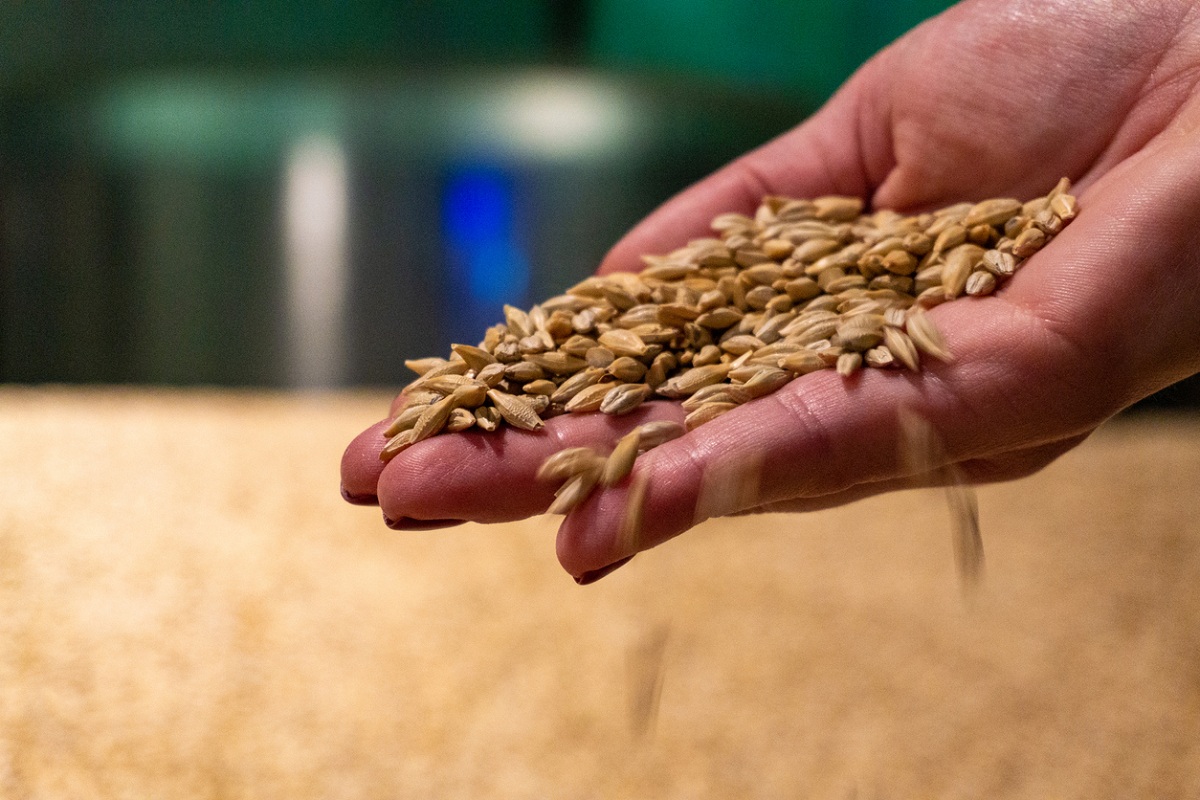Zimbabwe declares national disaster due to drought
Zimbabwean President Emmerson Mnangagwa on Wednesday declared a state of disaster due to an El Nino-induced drought threatening food security in the country.
In response to consecutive years of diminished wheat production due to heat waves, India is implementing a proactive measure to prevent hoarding and price spikes.

(Representational Image: iStock)
In response to consecutive years of diminished wheat production due to heat waves, India is implementing a proactive measure to prevent hoarding and price spikes. By monitoring private buying activities and potentially imposing stock limits, the government seeks to bolster domestic supplies and stabilise prices, laying the groundwork for sustainable agricultural development. In a bid to safeguard food security and tame wheat price spikes, the Centre has unveiled a bold move: madatory weekly reporting on wheat stocks. This directive, set to come into force in April, targets traders, major retailers, and food processors, and seeks transparency in their inventory levels. While seemingly mundane, this measure carries significant weight, reflecting the government’s proactive stance in navigating the complexities of agricultural supply chains.
India, the world’s secondlargest wheat consumer, grapples with the aftermath of consecutive years of diminished wheat production, attributed to relentless heat waves. Such climatic adversities not only jeopardise food availability but also fuel inflationary pressures, disproportionately impacting vulnerable populations. In response, the government’s intervention is timely, if not imperative, in curbing hoarding tendencies and mitigating price volatilities. The essence of this mandate lies in its dual purpose: managing food security and thwarting speculative manoeuvres. By instituting a stringent reporting framework, authorities aim to gain real-time insights into wheat inventories, thereby facilitating informed decision-making. This proactive stance not only deters hoarding practices but also fosters market stability, a prerequisite for sustainable agricultural development. Critics may argue that such regulatory measures encroach upon market dynamics, stifling free enterprise. However, in the realm of essential commodities such as wheat, where the repercussions of supply-demand imbalances ripple across socio-economic strata, government intervention becomes indispensable.
The imperative to ensure food accessibility transcends laissez-faire ideologies, warranting calibrated interventions to safeguard public welfare. Moreover, this mandate underscores the government’s commitment to bolstering domestic food reserves through increased procurement. By monitoring private buying activities, authorities seek to streamline procurement efforts, bolstering strategic reserves against future exigencies. This strategic foresight not only insulates India from external supply shocks but also bolsters its self-reliance in meeting domestic demand. Nevertheless, the efficacy of such measures hinges upon robust enforcement mechanisms and stakeholder compliance. The onus lies not only on policymakers but also on market participants to uphold the integrity of this reporting framework. Any lapses in transparency or attempts to circumvent regulations could undermine the efficacy of this initiative, diluting its intended impact.
Advertisement
Looking ahead, India’s foray into weekly reporting on wheat stocks sets a precedent for proactive governance in managing agricultural commodities. As the nation navigates the intricacies of a volatile global food landscape, such measures serve as bulwarks against uncertainty, safeguarding both food security and economic stability. In this pursuit, collaboration between the government, industry stakeholders, and civil society emerges as a linchpin for success, ensuring that the bounty of the harvest reaches every table.
Advertisement